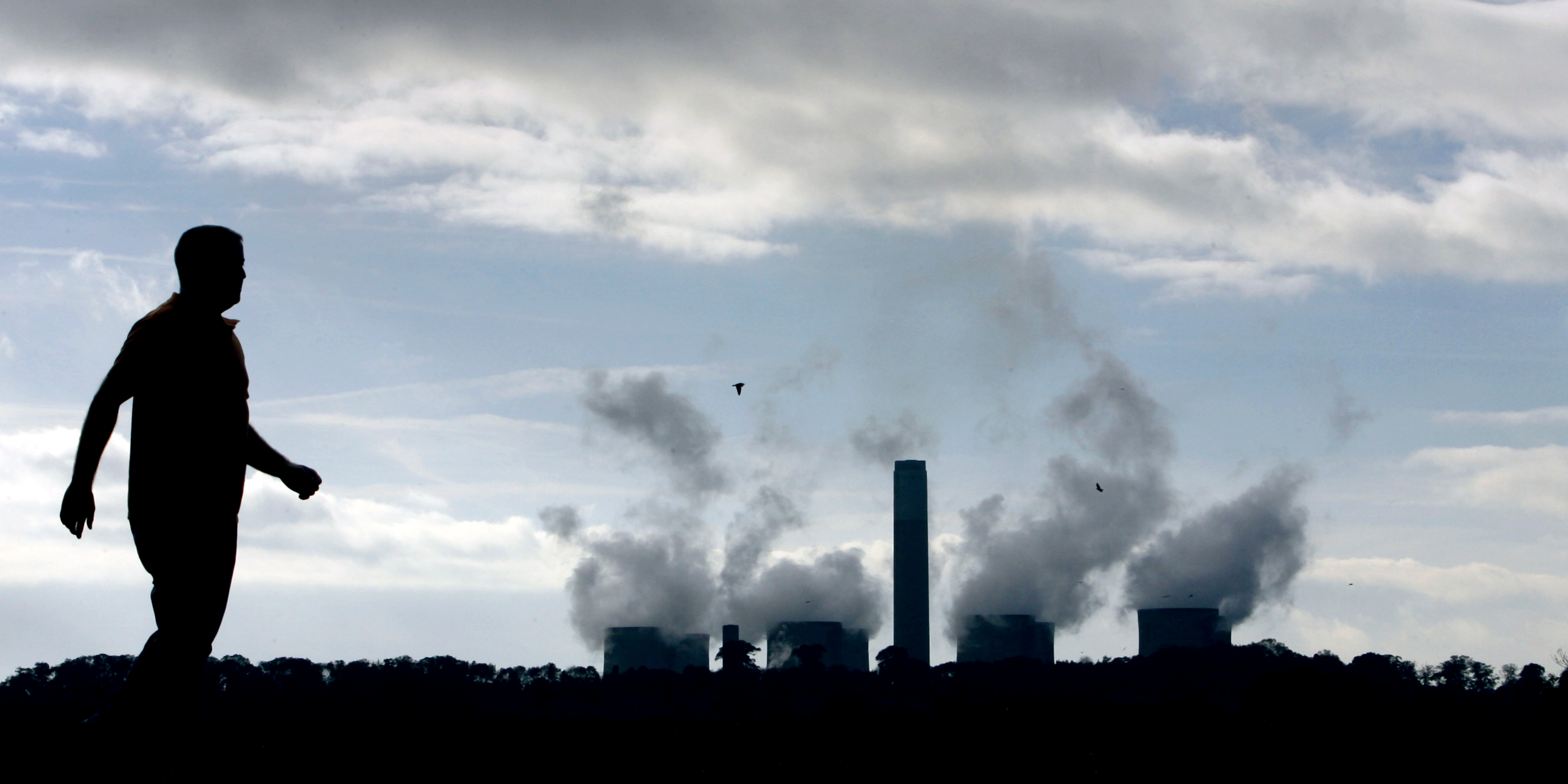- The Environmental Protection Agency is planning on tightening the rules on science that can be used when deciding on public health rules, reported The New York Times.
- Under the planned rule change all raw data must be presented in scientific studies, meaning that key scientific work drawing on confidential medical data could no longer be used.
- Critics told the New York Times that the proposals would allow the agency to justify rolling back environmental rules.
- EPA defended itself, however, saying that “the science supporting agency decisions is transparent and available for evaluation by the public and stakeholders.”
- Visit Business Insider’s homepage for more stories.
The Environmental Protection Agency (EPA) is planning to introduce tighter restrictions on the scientific evidence officials can draw on to assess the public health impact of policies, The New York Times reported.
According to a draft of the proposed rule change obtained by the publication, the EPA must disclose all their raw data – including confidential medical records – before the agency can draw on research to propose new regulations.
A lot of the health studies that EPA relies on use health data supplied under confidentiality agreements, but that would be inadmissible under the rule change, the Times said.
New rules on clean air or water rely are among those reportedly reliant on the information.

And the new rule would apply retroactively, meaning that officials could no longer draw on studies used for decades to inform policy decisions and new health regulations.
"This means the EPA can justify rolling back rules or failing to update rules based on the best information to protect public health and the environment, which means more dirty air and more premature deaths," Paul Billings, senior vice president for advocacy at the American Lung Association, told the Times.
The new rule expands a similar restriction proposed by former EPA secretary Scott Pruitt, who resigned after alleged ethics violations.
The EPA in a statement defended the decision, claiming that "the science supporting agency decisions is transparent and available for evaluation by the public and stakeholders."
In a subsequent statement to the Times, the agency said the report "is based on a leaked preliminary draft version of the Supplemental, not the actual text submitted to the [Office of Management and Budget]."


